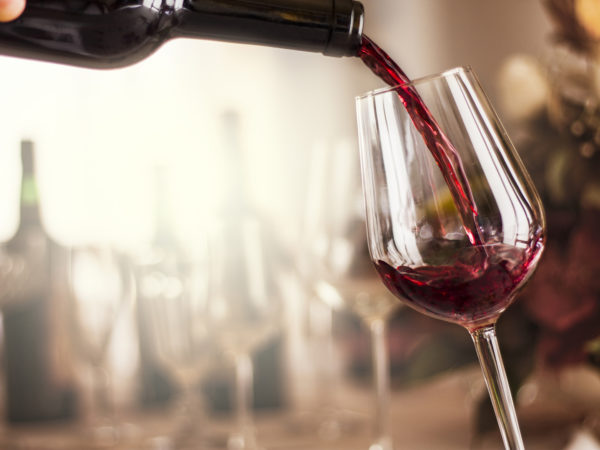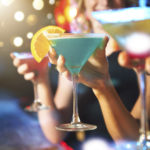Alcohol Consumption And Emotions

An occasional glass of red wine can be relaxing, but a recent British study found that gin, vodka and other spirits are often linked with feelings of aggression. To reach these conclusions, the researchers analyzed data gathered in 30,000 responses from men and women between the ages of 18 and 31 to the Global Drug Survey, which examines drug and alcohol use among adults worldwide. The survey includes questions on feelings linked to drinking beer, wine or spirits at home or out. The British team found that drinking red wine was associated with relaxation and positive feelings by 53 percent of the respondents, and that about 50 percent of those surveyed said they felt the same as a result of drinking beer. Drinking spirits was least likely to be linked to relaxation, but the researchers reported that it was more closely associated with feelings of energy, confidence and sexiness. They noted that the study doesn’t prove that drinking a specific type of alcohol actually causes a particular emotion, it only demonstrates the effect beer, wine or spirits can have on drinker’s feelings. They did conclude, however, that the incidence of experiencing the most intense emotions (both positive and negative) as a result of alcohol consumption was highest among dependent drinkers.
My take? The object of this study was to better understand the emotions associated with alcohol consumption, and explore how they could be related to alcohol misuse or abuse. In my view, the best way to protect yourself from the hazards of alcohol is not to use it every day. People who drink wine with dinner every night or have a beer every day or a mixed drink or two after work should give themselves 2 or 3 alcohol-free days a week. Don’t rely on alcohol as your main method of relaxation. Instead, learn to relax using your own internal resources through breath control, yoga, meditation, or another technique that you enjoy and find effective.
Source:
Kathryn Ashton, et al “Do emotions related to alcohol consumption differ by alcohol type? An international cross-sectional survey of emotions associated with alcohol consumption and influence on drink choice in different settings.” BMJ Open, November 21, 2071, doi: 10.1136/bmjopen-2017-016089
Also in this week’s bulletin:











